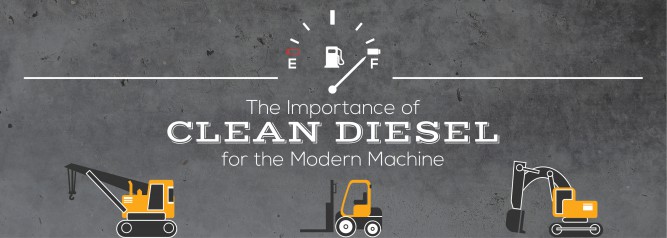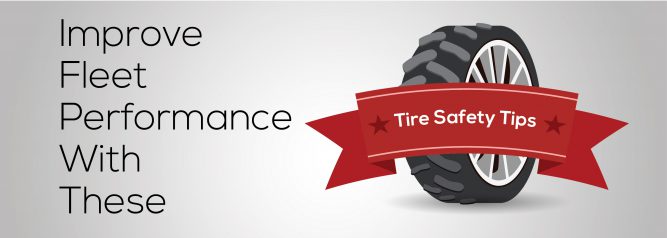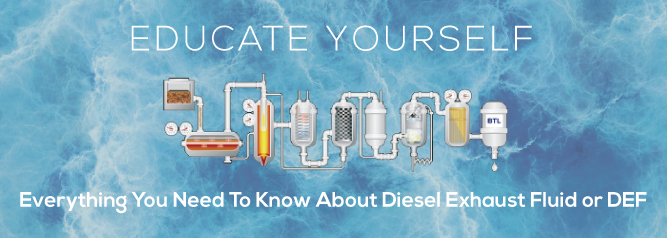
New Diesel Engine Oils Developed to Improve on Current Tier 4 Oil
Just as Tier 4 engines were developed to improve fuel economy and reduce environmental impact, products associated with those engines are also being refined to further improve performance. That includes diesel engine oils. Tier 4 oil is also formulated to provide greater protection in the most difficult operating environments.

Two different viscosities
FA-4 is supposed to further reduce greenhouse gas emissions, by improving fuel economy in heavy-duty on-highway diesel engines. CK-4 is more broadly applicable. You can use it in both older and newer diesel engine models operating on-road or off, and it is backward-compatible.
According to the Society of Automotive Engineers (SAE), viscosity tests measure how fast an oil at 100o C flows through a tube, based only on gravity. The measurement is designated in cSt (centistokes). For instance, for a 10W30 weight oil, cSt ranges from 9.3 to 12.5 cSt. CK-4 diesel engine oils typically have rating about 12.0 to 12.5 cSt. FA-4 oils are formulated to be thinner, with a viscosity of about 9.3 cSt. This lower viscosity reduces resistance between the engine’s moving parts, thereby boosting fuel economy. However, it also means FA-4 is not backward-compatible.

- Better oxidation resistance (the oxidation process forms deposits, causes the oil to thicken, and promotes corrosion)
- Better aeration control (entrained air and foam retard oil supply and weaken heat transfer)
- Better shear-ability (viscosity-stabilizing polymers help maintain proper viscosity, because they are less prone to “shearing” (breaking apart) by working parts)
This third quality is especially important, because shearing in some CJ-4 oils causes the oil to lose required viscosity.
What if your fleet is a mixed bag?
It’s not unusual for fleets to include older and newer vehicles, whether trucks or off-road equipment. Industry experts recommend using the new CK-4 formulation for all your vehicles, in whatever grade the OEM specifies. You’ll get the best possible engine protection, with one standardized product. There is one caveat: engines that are FA-4-compatible could lose some of the fuel efficiency that using FA-4 would provide. So if your OEM specifies FA-4, talk to your dealer first about which Tier 4 oil to use.

Experts warn that you shouldn’t assume switching to Tier 4 oils will give you longer oil drain intervals. Over time, that may well be the case, but these oils are too new as yet – only having been introduced in December of 2016. While these oils offer better formulations, they are working in more complex, more stressful systems. And, of course, the right drain interval also depends on how the truck or equipment is used.
For now, they suggest, you should be content with superior engine performance and lower fuel consumption.
Oil analysis is more important than ever

Check your oil filters, too
Especially for lower-viscosity FA-4 diesel engine oils, filters take on added responsibility. That have to do a better-than-ever job of capturing tiny contaminants, without allowing increased pressure-drop across the filter. Higher operating temperatures can affect the filter’s performance and lifespan.
















